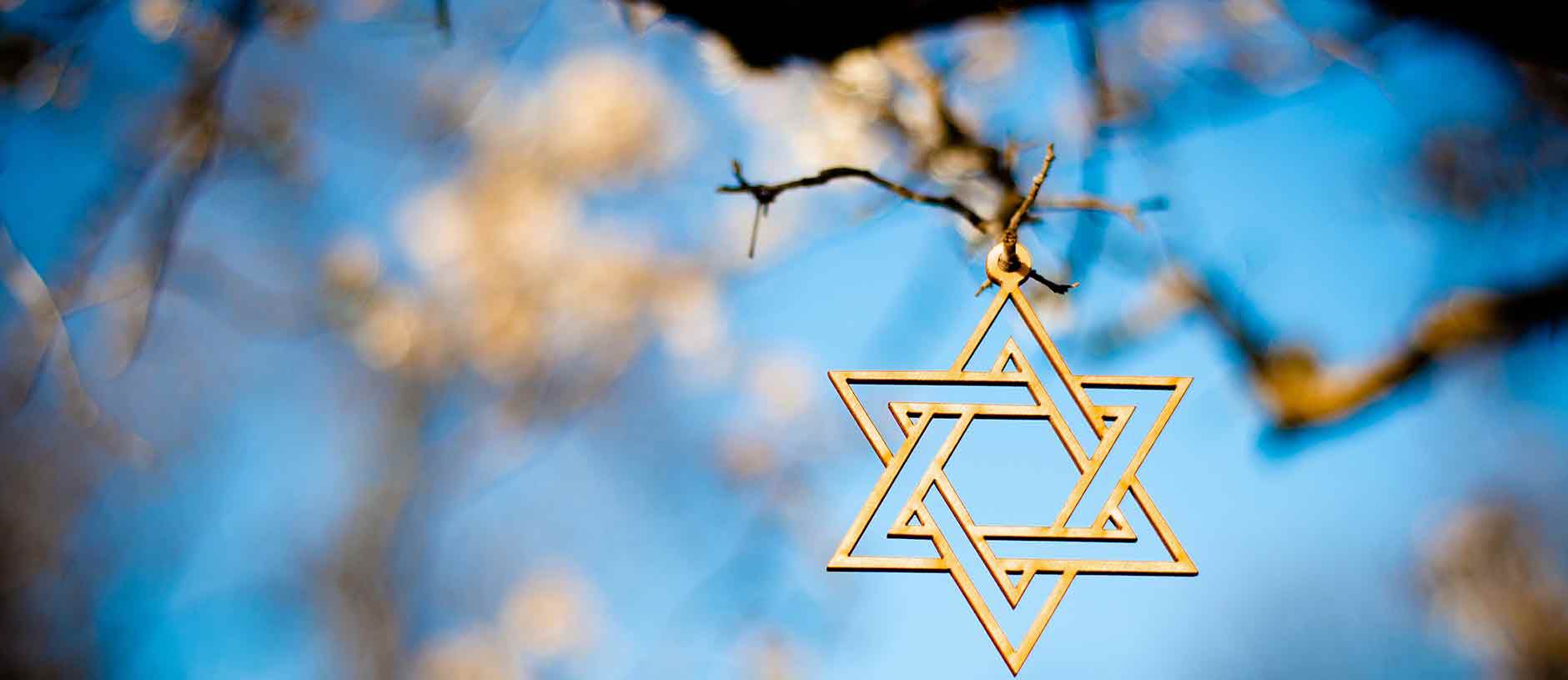Jewish Holidays

Jewish Religious Holidays
Judaism is full of rich customs and traditions that are practiced during religious holidays. There are three categories of religious Jewish holidays: minor, major and modern. The classification helps indicate the level of observance. Every religious holiday demonstrates the origin of old practices and rituals unique to the Jews. Generally, the customs observed and presented on each occasion connect and relate to the Jewish life events. The most notable one is the Shiva, an event that observes the rituals during the inaugural mourning period.
There are holidays that mainly celebrate the power of God which is understood and represented throughout the Jewish history. Similarly, other holidays are meant to reflect and remember the lessons learned from the challenges and struggles of life. Furthermore, there are others meant for festivities and celebrations.
There are many holidays through which the Jewish people celebrate life events. Additionally, during the holidays, Judaism sets forth a mind-blowing experience for commemorating and honoring loved ones who passed on. If you are a tourist planning to attend any of the Jewish holidays, there are certain things you need to know. This article discusses in details everything you need to know for a successful Jewish holiday.
While learning about the history of Jewish holidays, it is essential to know the calculation of dates according to Hebrew calendar. It can be very challenging if you are not familiar with their traditions and calendar because dates keeps changing. For you to keep up and follow the Jewish calendar, it is highly recommended that you know the differences between Gregorian and Hebrew calendar. You also need to know the relations between the two.
Just like it was mentioned earlier, Jewish holidays are categorized into three fields: minor holidays, major holidays and modern holidays. Every Jewish holiday is celebrated from sunset and is heavily connected to the Jewish calendar.
Major Jewish Holidays
These are very designated holidays given their position and place in Biblical history. In general, this category has ten holidays. Some of the holidays under this category include: Yom Kippur (Day of Atonement), Rosh Hashanah (Jewish New Year) and The Three Pilgrimage Festivals. The three pilgrimage festival refers to Shavuot, Passover and Sukkot holidays.
Minor Jewish Holidays
As much as these holidays might have a basis in the Bible, they are mostly understood and developed through the writings of rabbinical literature and Talmud. The minor Jewish holidays are just a handful these days, with some converted to modern holidays.
Modern Jewish Holidays
This is the last category of Jewish holidays. Since its Independence in 1948 after World War II, Israel established four national holidays. These include Yom Hazikaron (Israel Memorial Day), Yom HaShoah (Holocaust Remembrance Day), Yom Yerushalayim (Jerusalem Day) and Yom Ha'atzmaut (Israel Independence Day).
Hanukkah
Sometimes reffered to as Chanukah, Hanukkah is an eighth-day holiday that remembers the rededication of Maccabean Revolt against the Seleucids back in the 2nd century. The festival begins on the 25 day of Kislev and lasts for eight days. The Hanukkah holiday corresponds with late December in the normal calendar. Sometimes, people refer to it as the Festival of Lights. The event is observed by lighting candles on a menorah, a unique lighting stand. Menorah is a beautifully designed stand that contains eight branches raised from the middle. It produces extra light known as shamash and it has a location beyond the rest. The lights are only used for meditation during the festival.
The History of Hanukkah
Most Jewish holidays have an origin in the Bible. That isn't the case with Hanukkah. As a matter of fact, Hanukkah is not even mentioned in the Bible. A number of rabbinical scholars argue that information provided about Hanukkah was so straightforward that there no need to comment or explain it. The Hanukkah story is briefly mentioned in the books of 1st and 2nd Maccabees, books which the Hebrew Bible doesn't have.
The books are instead part of a collection known as the Jewish apocryphal books. The books account for around 400 years of Jewish history after Malachi, which completes Hebrew scriptures. Hanukkah history dates back to 332BCE when Jewish people refused to bow down and worship Alexander the Great. After his death, the temple built by King Solomon and the city of Judea came under the rule of Ptolemies. During this dynasty, Jews enjoyed many liberties. When Antiochus III ended the Ptolemaic reign in 198 BCE, strong attempts were made to the Jews to start worshiping Hellenize, which failed. 10 years later, Antiochus died leaving many of his plans unfulfilled.
How to Plan for Hanukkah
Just like it was mentioned earlier, the Hanukkah holiday lasts for 8 days. If you are planning to attend the Hanukkah holiday, there are certain things that are very important when preparing for these festivities. Discussed below are some ways you can plan for the Hanukkah holiday.
- Get gifts on time: gifts are a very important part of the Hanukkah holidays. If you are planning to attend, plan early on the kind of gift you will be getting your loved one. Whether it is a gift card or a gag gift, Hanukkah is all about giving. However, you need to be careful with the choice because some gifts can be inappropriate according to the customs and traditions of Hanukkah festivals.
- Get your Gelt on: Gelt is typically a Yiddish word for money. Of course, you can't go on holiday empty handed. There are captivating places in Israel that will need an entrance fee. So don't forget carrying some money!
- Get some candles: The highlight of Hanukkah festival is lighting candles. It is important that you get enough candles that will last for the eight nights.
- Hanukkah music: The event is characterized by captivating Hanukkah music. So, to be relevant, do some research on the most popular Hanukkah music available.
- Food: Given that it is a foreign holiday, you will have to adjust to Israeli foods that are associated with the Hanukkah festival. The eighth day celebrations are marked by food and drinks that are available in plenty.







